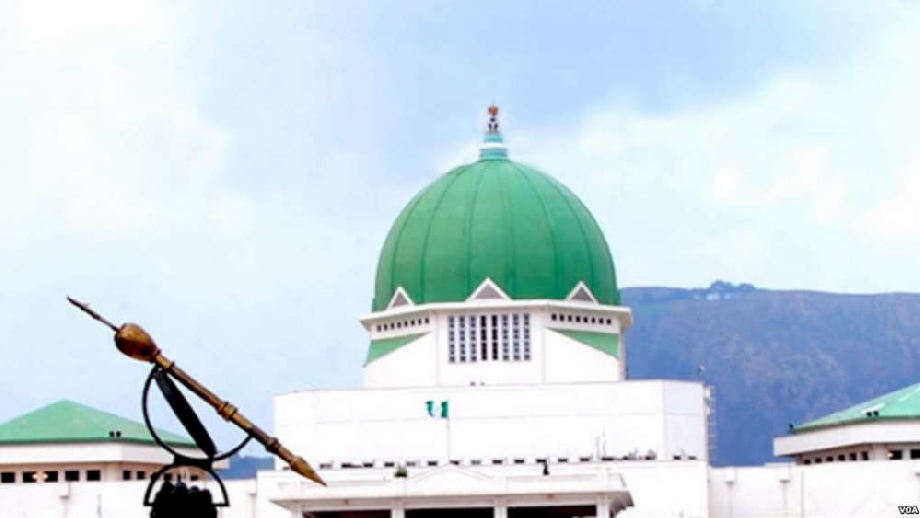
Civic-tech organization BudgIT has revealed significant budget padding in Nigeria's 2025 national budget by the Senate, uncovering the insertion of 11,122 projects valued at ₦6.93 trillion.
This figure represents 12.5% of the ₦54.99 trillion budget signed by President Bola Ahmed Tinubu.
The findings have reignited concerns over budget transparency in Nigeria. BudgIT's report highlights the addition of numerous projects lacking clear justification, often for political gain rather than genuine national development.
Key issues identified include substantial allocations to questionable projects like streetlight installations, boreholes, and ICT-related ventures. Notably, 39% of these insertions have inflated the Ministry of Agriculture's budget.
BudgIT has called for urgent budgetary reforms and stronger executive oversight to enhance transparency and accountability. The organization warns that these practices undermine the budget's credibility and erode public trust in governance.
Despite the Nigerian Senate dismissing these claims as false, the revelations underscore persistent issues of corruption and institutional decay within the budgetary process.
The discovery has sparked widespread debate among stakeholders, with calls for comprehensive reforms to address the entrenched challenges facing Nigeria’s fiscal management.
Cost Analysis of Questionable Projects
BudgIT's analysis details substantial costs and quantities for specific projects, raising red flags over fiscal responsibility:
- Streetlight Installations: 1,500 units allocated ₦200 billion.
- Borehole Projects: 2,000 units estimated at ₦150 billion.
- ICT Ventures: 500 projects totaling ₦180 billion, encompassing software purchases and digital training programs.
Based on the budget, each streetlight installation would cost approximately ₦133.3 million, borehole projects average ₦75 million per unit, and ICT ventures, including software and training, are estimated at approximately ₦360 million per project.


